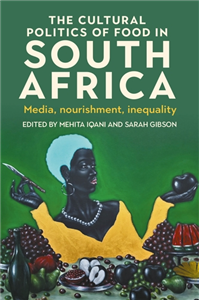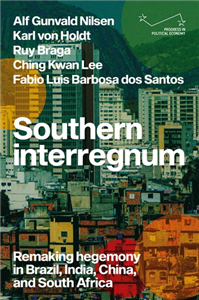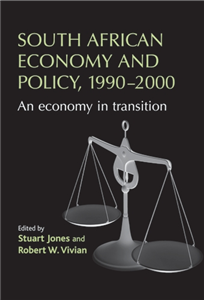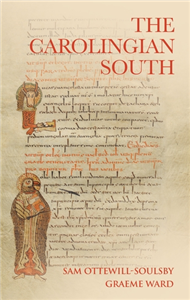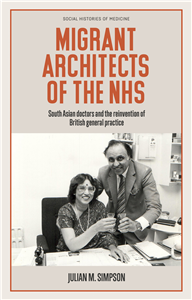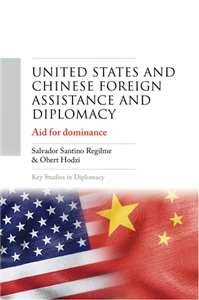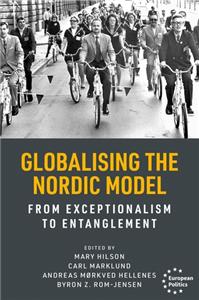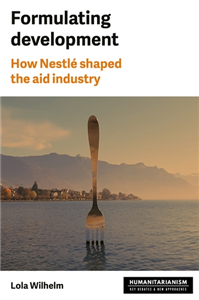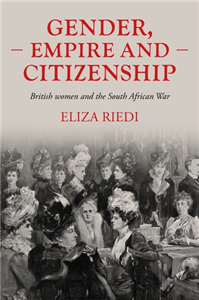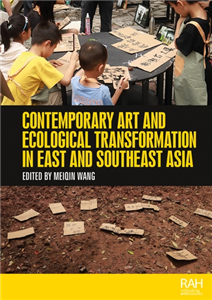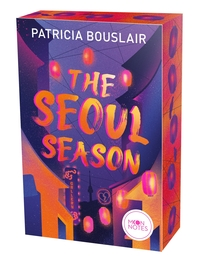The University of South Carolina Press
Established in 1944,the University of South Carolina Press is one of the oldest and most distinguished publishing houses in the South. With well over 1,000 books available in print and digital formats, and publishing approximately fifty new books annually, the Press enhances and expands the scholarly reputation and worldwide visibility of the University of South Carolina.In helping the University fulfill its mission of research and teaching and outreach, the Press publishes a wide range of critically acclaimed works in the following subjects: Southern History, African American Studies, Civil Rights, and South Carolina. In addition, the Press publishes long-running scholarly series in Literary Studies and Rhetoric/Communication. Our editorial profile aligns with several of the institutional strengths of the University and underscores the Press’s mission to serve teachers and learners and readers in the academy and the broader culture, both in North America and around the globe.
View Rights Portal



